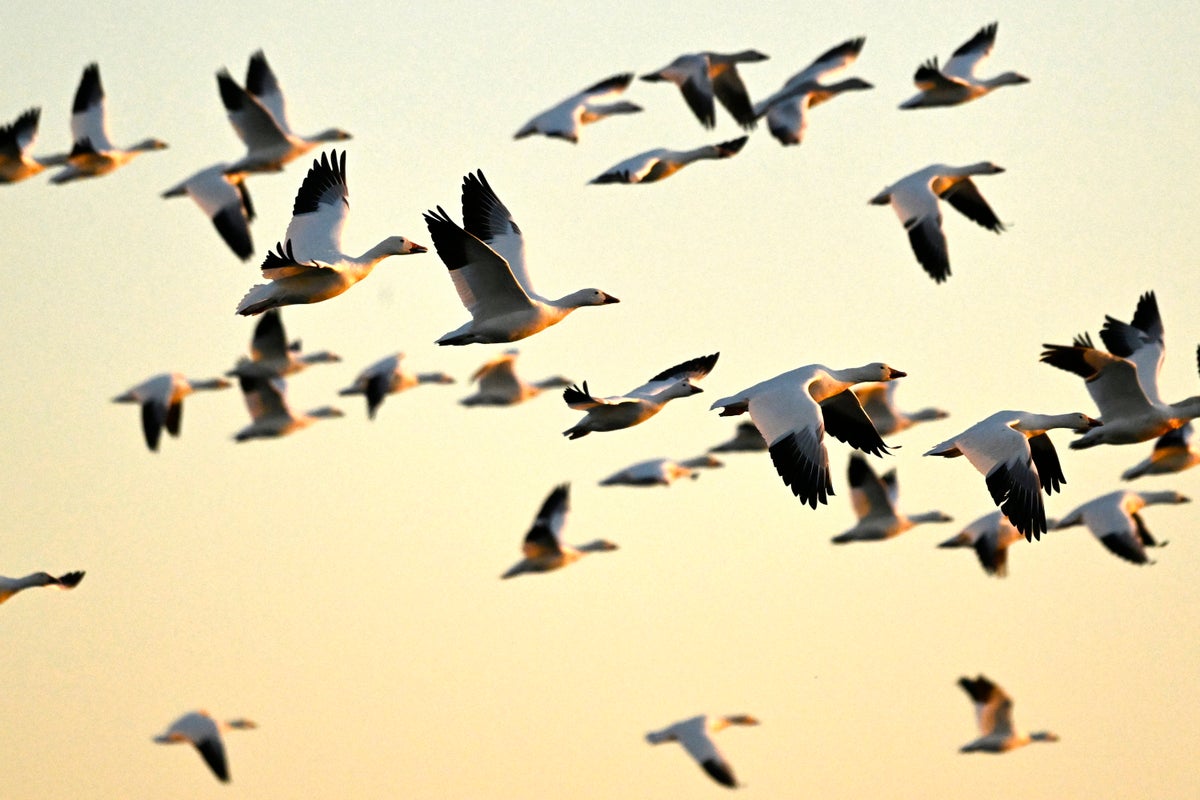
Dozens of bird species will have their English names changed in an attempt to avoid associations with “historic bias” and exclusionary practices.
The American Ornithological Society (AOS) said the decision was being made “in an effort to address past wrongs and engage far more people in the enjoyment, protection, and study of birds”.
The organisation also plans to change the process by which English names are selected for bird species under its jurisdiction. The effort will begin in 2024 and will focus initially on 70–80 bird species that occur primarily within the US and Canada.
"There is power in a name, and some English bird names have associations with the past that continue to be exclusionary and harmful today,” said AOS president Colleen Handel.
“We need a much more inclusive and engaging scientific process that focuses attention on the unique features and beauty of the birds themselves.
“Everyone who loves and cares about birds should be able to enjoy and study them freely—and birds need our help now more than ever.”
Ornithologists have long grappled with historical and contemporary practices that contribute to the exclusion of Black, Indigenous, and other people of colour, including how birds are named.
In 2020, the AOS renamed a small prairie songbird found on the Great Plains to avoid its association with John P McCown, after whom it was previously named. McCown was an amateur naturalist who later became a general in the Confederate Army during the US Civil War and was perceived as a painful link to slavery and racism.
The AOS is now taking action to reframe the issue of birds named after people altogether – and will implement three changes to the ways it and its predecessor organisations have operated since the 1880s.
This includes changing all English-language names of birds within its geographic jurisdiction named directly after people or other names that are deemed “offensive and exclusionary”.
The American Ornithological Society (AOS) said the decision was being made ‘in an effort to address past wrongs and engage far more people in the enjoyment, protection, and study of birds’— (AP)
A new committee will also be established to oversee the assignment of English common names of species within the AOS jurisdiction. The committee will include a “diverse representation of individuals”, the organisation has promised.
The public will also be “actively involved” in the process of selecting new English bird names.
“As scientists, we work to eliminate bias in science. But there has been historic bias in how birds are named, and who might have a bird named in their honor,” said Judith Scarl, AOS executive director and CEO.
“Exclusionary naming conventions developed in the 1800s, clouded by racism and misogyny, don’t work for us today, and the time has come for us to transform this process and redirect the focus to the birds, where it belongs.
“I am proud to be part of this new vision and am excited to work in partnership with a broad array of experts and bird lovers in creating an inclusive naming structure.”
A pilot programme to develop the new “open, inclusive, and scientifically rigorous” approach to bird naming will be conducted by the AOS in 2024.







